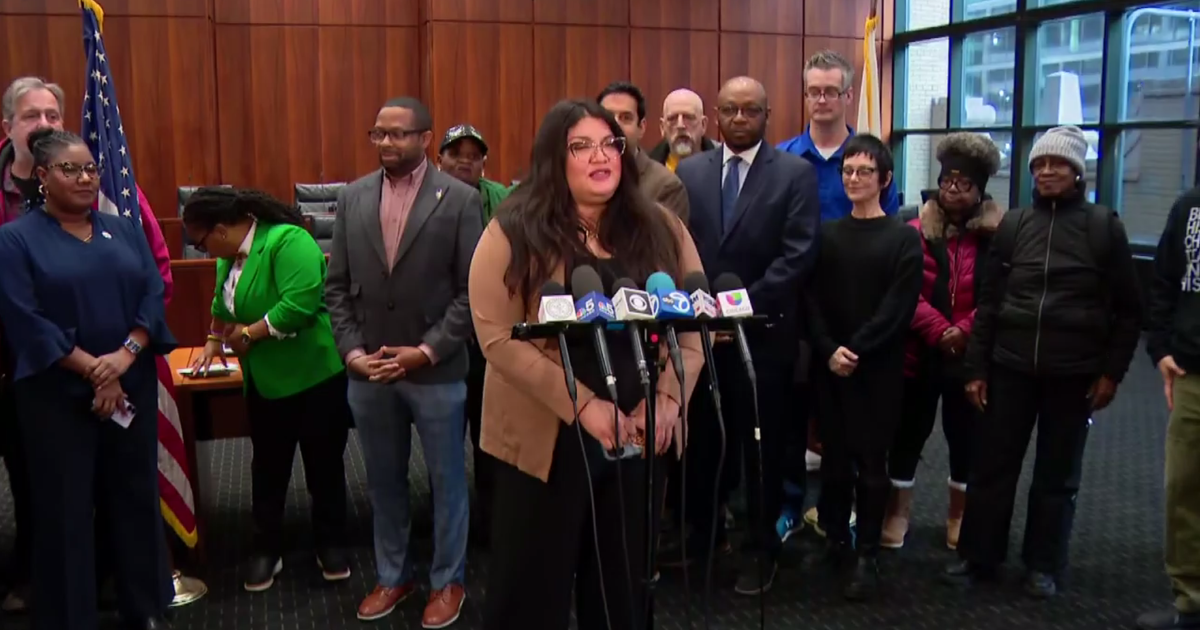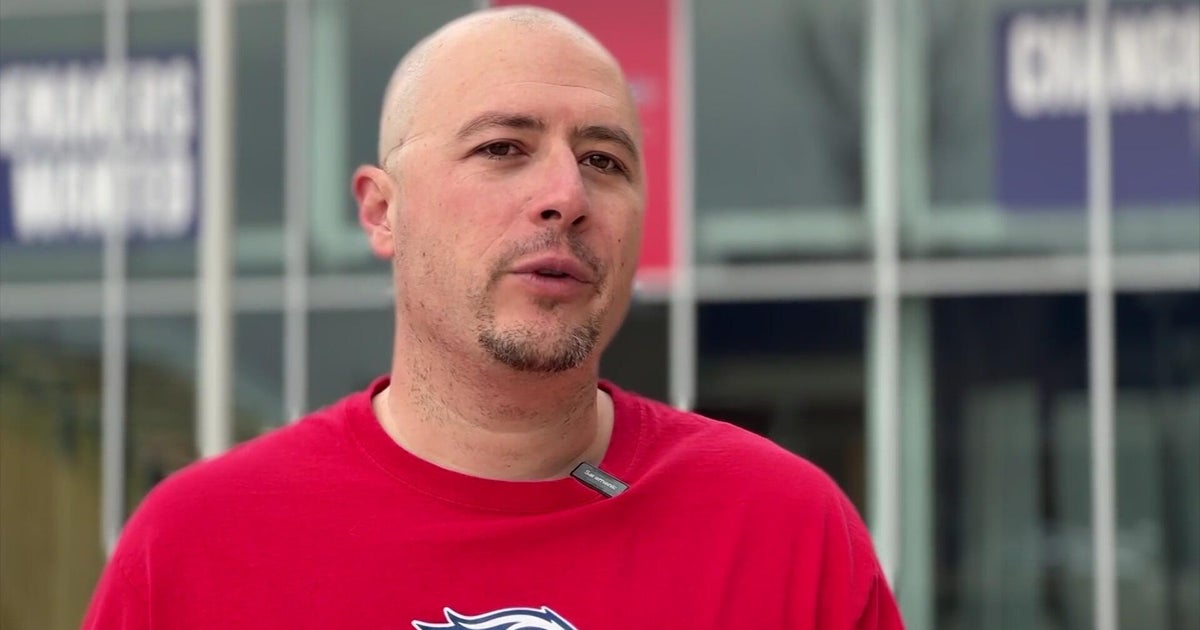Spend That Tax Return On Education, For Yourself!
BOSTON (CBS) - Your ability to earn a living is your largest asset. Think about how much money you will earn over your lifetime.
Let's say you earn an average of $50,000 a year over your working career and you start at age 20 and work until you are age 67. That's $2.35 million! That is a lot of money! Increase that by 30% and you could earn over $3 million. You could be a multimillionaire! You just don't get to spend it all at once.
The more education and skills you have the more money you will be able to earn. So take the refund and invest in yourself. What new skills will you need in your career? Where can you attend classes? Online? At one of the great schools we have here in New England? Does your company help by reimbursing some of the costs? Do you want to change careers? Go to culinary school? Get an MBA on the weekends?
Consider the refund seed money to start your own business. Paula Deen started her business with a lot less than $3,000 from her kitchen. $200 to be exact to start Bag Lady, a lunch delivery service. Now she is worth millions with her own cooking show, restaurant, and cook books.
Have you always thought your cheesecake or homemade spice rub was better than anything you have tasted in the stores? Try selling the product at farmers markets or flea markets, take it around to the local stores and restaurants and give it away until you generate some interest.
Are your computer skills lagging? Consider some place like New Horizons to get updated. Computer skills are so important in today's job market.
There is the Lifetime Learning tax credit that you can use for yourself or your kids. It is a credit for 20% of tuition and fees paid up to $2,000.
The limit here is $2,000 per tax return. The credit can be claimed as long as the student is in school. So this credit is especially useful if it takes you more than four years to get your degree.
The IRS offers some incentives for returning to school. You can deduct the costs of qualifying work-related education as business expenses. But it must meet the IRS' criteria.







